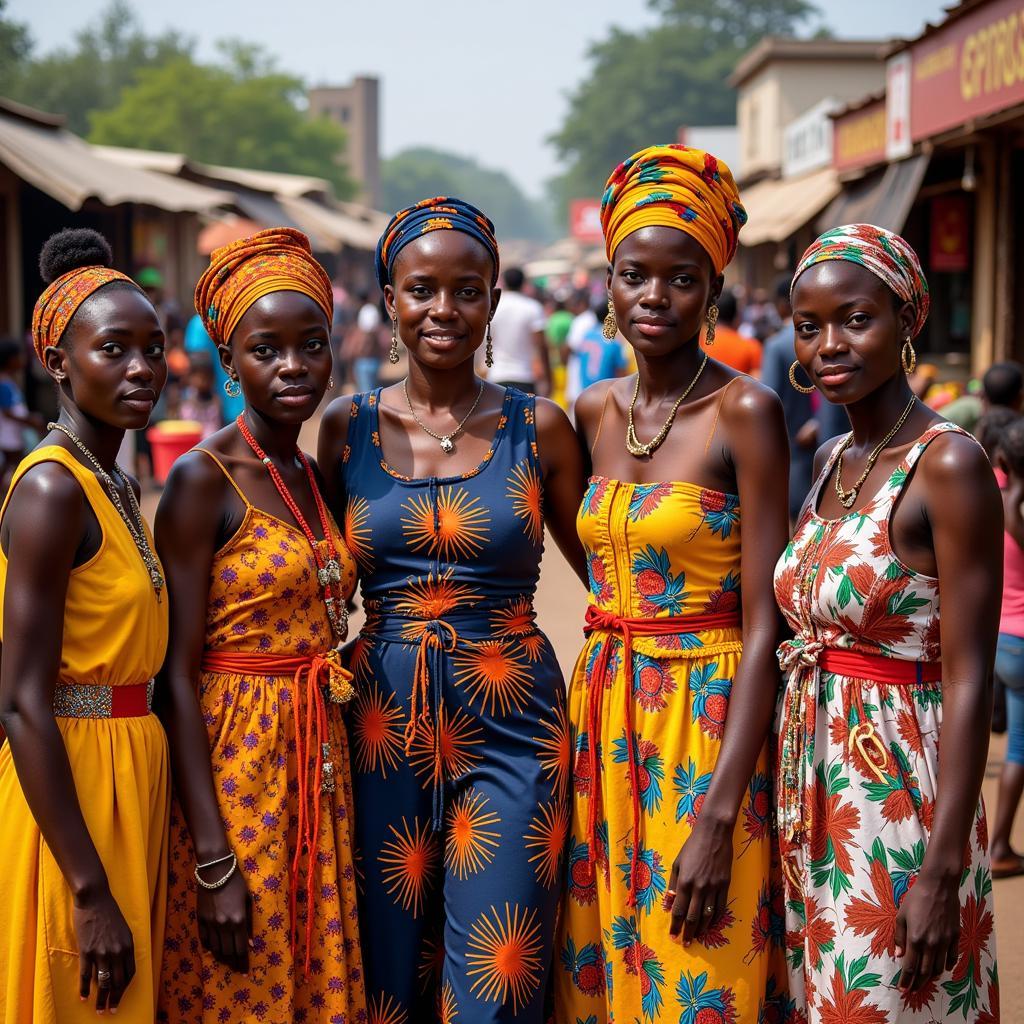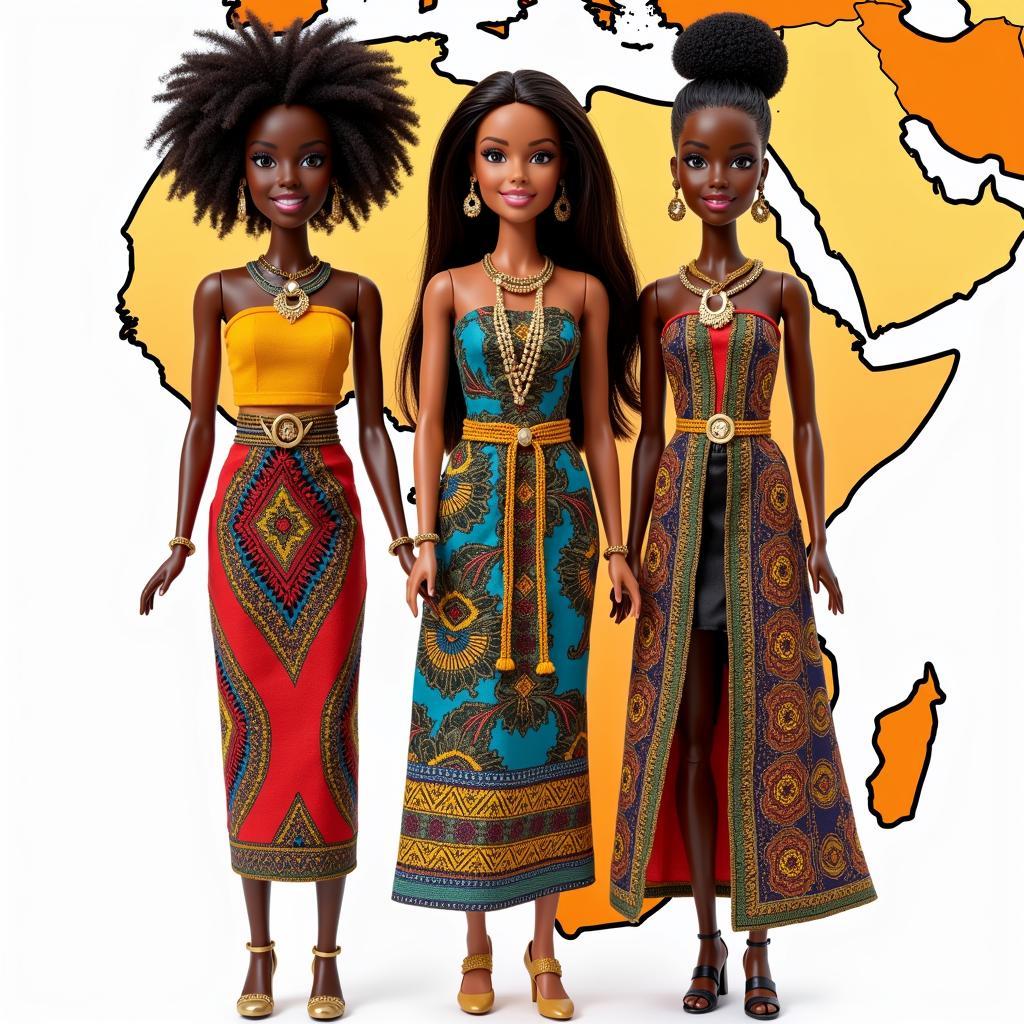African Countries Resorting to Faith Healers: A Look into Traditional Beliefs and Healthcare
The rise of faith healers in Africa is a complex phenomenon deeply intertwined with cultural traditions, socioeconomic factors, and access to modern healthcare. While faith healing practices have been prevalent for centuries, their increasing presence in contemporary Africa raises important questions about their role in society, their impact on public health, and the need for balanced approaches to healthcare.
The Prevalence of Faith Healing in Africa
Across the African continent, traditional beliefs and practices play a significant role in daily life. Faith healing, often intertwined with spiritual practices, forms a core part of many African cultures. These practices involve seeking healing and spiritual guidance through various rituals, prayers, and the intervention of spiritual healers.
Reasons for Resorting to Faith Healers
Several factors contribute to the prevalence of faith healers in African countries. These include:
- Limited Access to Modern Healthcare: In many rural areas, healthcare facilities are scarce, and the cost of accessing modern medicine can be prohibitively expensive. This situation often forces people to seek alternative healing methods, including faith healing.
- Cultural Beliefs and Traditions: Faith healing is deeply rooted in African cultural traditions, providing a framework for understanding illness, death, and the spiritual realm. These beliefs are often passed down through generations and remain a source of comfort and hope.
- Spiritual and Psychological Needs: Faith healing addresses not only physical ailments but also psychological and spiritual needs. It offers a sense of purpose, hope, and community support, especially during times of stress or hardship.
The Impact of Faith Healing on Public Health
While faith healing offers solace and community, its impact on public health remains a subject of debate. Some argue that traditional healing practices can have positive effects, particularly in areas where access to modern healthcare is limited. These practices can address mental health needs and promote holistic well-being.
However, others express concerns about the potential for harm when faith healing is used as a primary treatment for serious medical conditions.
Potential Risks of Faith Healing
- Delayed or Forgone Treatment: Relying solely on faith healing might delay or prevent seeking medical attention for serious conditions, potentially leading to negative health outcomes.
- Misdiagnosis and Untreated Conditions: Traditional healers may lack the scientific knowledge and diagnostic tools necessary to accurately diagnose and treat certain illnesses.
- Unproven Treatments and Potential for Harm: Faith healing practices sometimes involve herbal remedies or rituals that may lack scientific evidence and could potentially cause harm.
The Importance of Balanced Approaches to Healthcare
The rising use of faith healers in Africa highlights the need for balanced approaches to healthcare. It is essential to:
- Promote Access to Modern Healthcare: Governments and healthcare organizations must prioritize expanding access to affordable and quality healthcare services in rural areas.
- Integrate Traditional and Modern Medicine: Encouraging the integration of traditional healing practices with modern medical approaches can provide a more holistic and culturally sensitive healthcare system.
- Educate Communities about the Benefits and Risks of Faith Healing: Raising awareness about the potential benefits and risks of faith healing, as well as the importance of seeking medical attention for serious conditions, is crucial.
Moving Forward: A Call for Collaboration and Understanding
The increasing reliance on faith healers in Africa is a complex issue with no easy solutions. It calls for open dialogue, understanding, and collaborative efforts between traditional healers, modern healthcare providers, and government agencies. Through open communication, shared knowledge, and a commitment to providing accessible and effective healthcare services, we can create a healthcare system that respects cultural beliefs and promotes well-being for all Africans.
Frequently Asked Questions
-
Q: Are all faith healers harmful?
A: Not all faith healers are harmful. Many provide spiritual guidance and support, while others use traditional remedies that may have some medicinal value. However, it is crucial to be aware of the potential risks of relying solely on faith healing for serious medical conditions.
-
Q: How can I differentiate a legitimate faith healer from one who might be harmful?
A: It is difficult to determine with certainty the legitimacy of a faith healer. However, it is recommended to seek advice from trusted community members, religious leaders, or healthcare professionals. You should also be wary of healers who make unrealistic claims, promise guaranteed cures, or require substantial financial payments.
-
Q: How can governments and healthcare organizations promote the integration of traditional and modern medicine?
A: One way is by establishing programs that train traditional healers in basic medical knowledge and practices. Additionally, government agencies can create policies that recognize the value of traditional medicine while ensuring its safe and ethical practice.
-
Q: Is it possible to balance faith healing with modern medicine?
A: It is possible and often beneficial. Many people find comfort in seeking spiritual guidance alongside medical treatment. The key is to make informed decisions based on individual needs and preferences while seeking professional medical care for serious conditions.
-
Q: What role can education play in addressing the challenges of faith healing in Africa?
A: Public health campaigns, community education programs, and school curriculum can help increase awareness of the benefits and risks of faith healing, the importance of seeking medical attention for serious conditions, and the value of balanced healthcare approaches.
This article has explored the complex phenomenon of African countries resorting to faith healers. While faith healing offers spiritual solace and community support, it is essential to balance its use with access to modern healthcare and a deep understanding of its potential benefits and risks.

